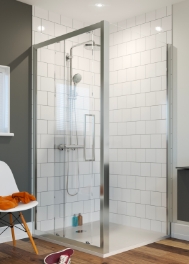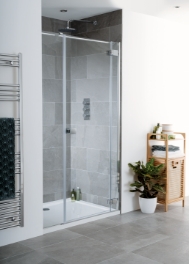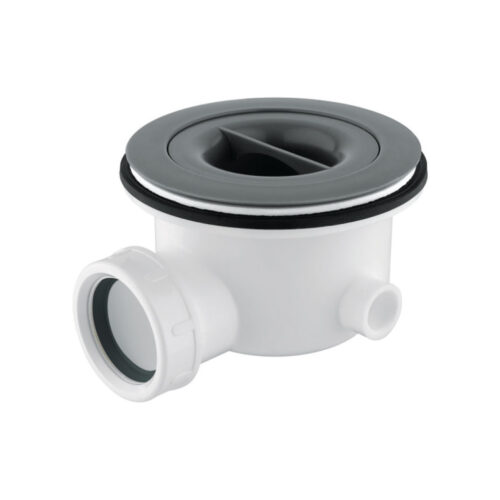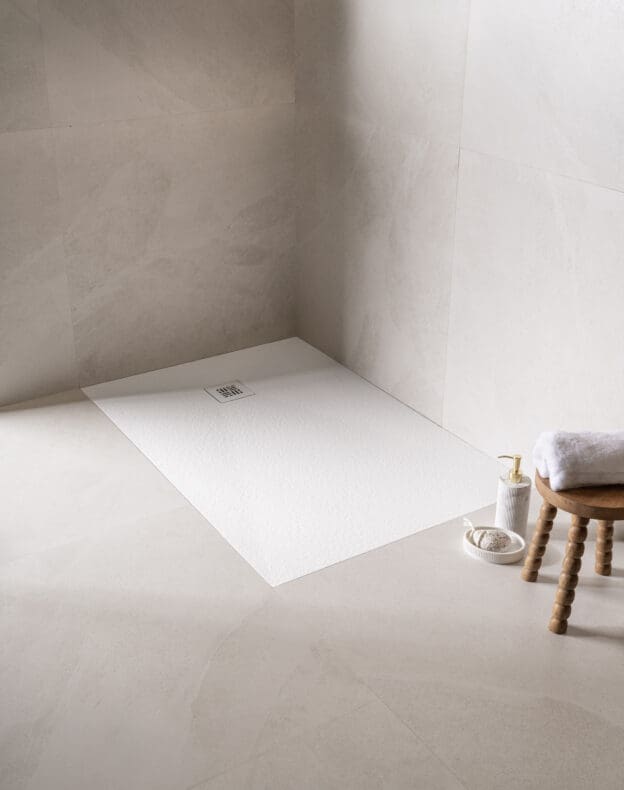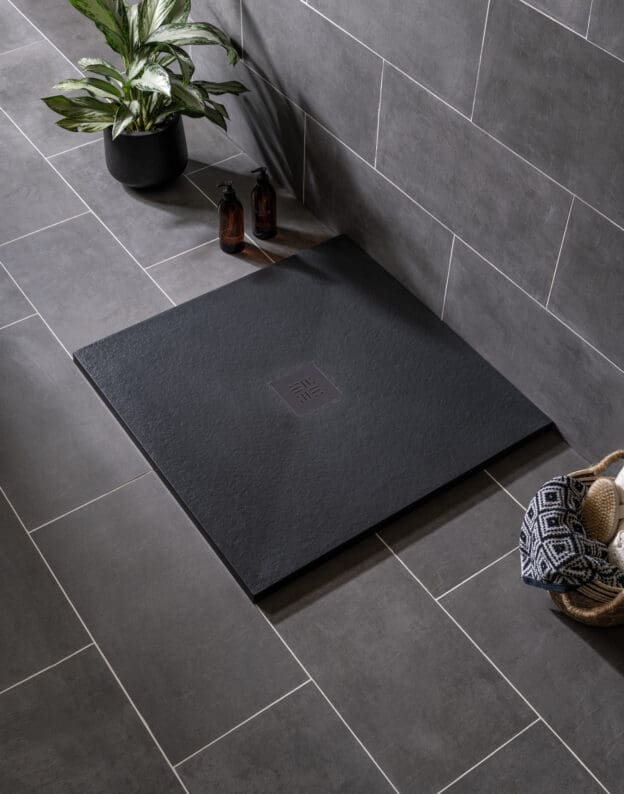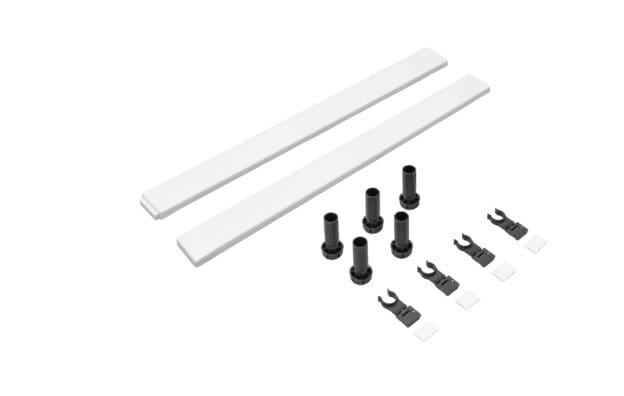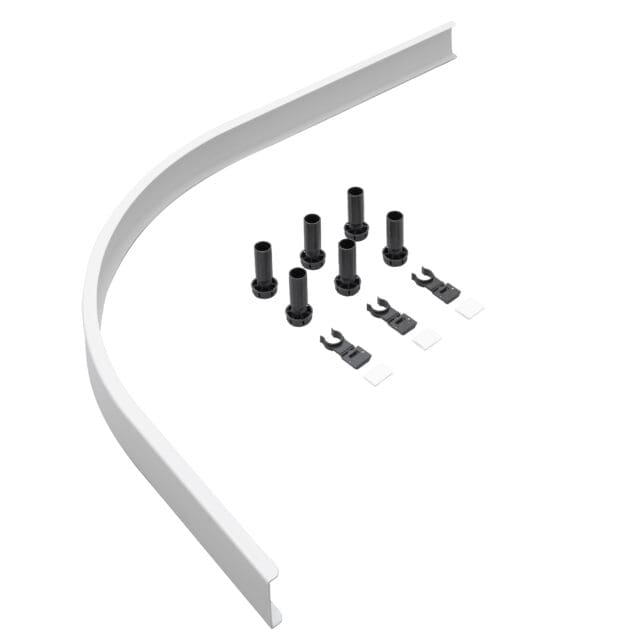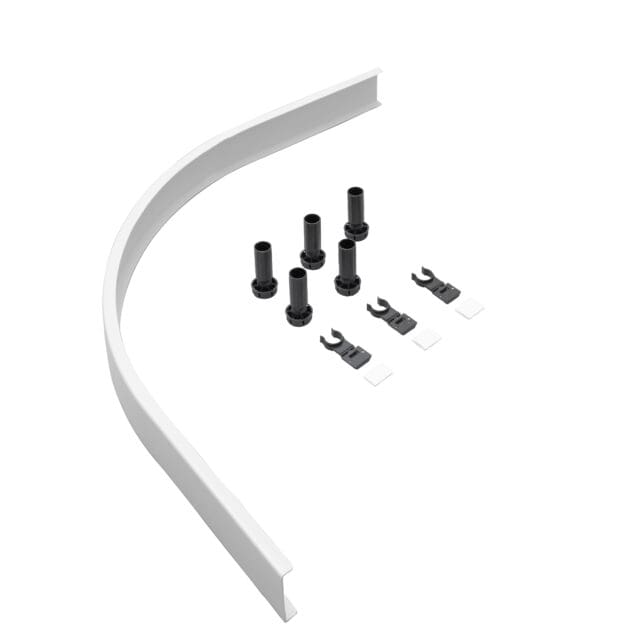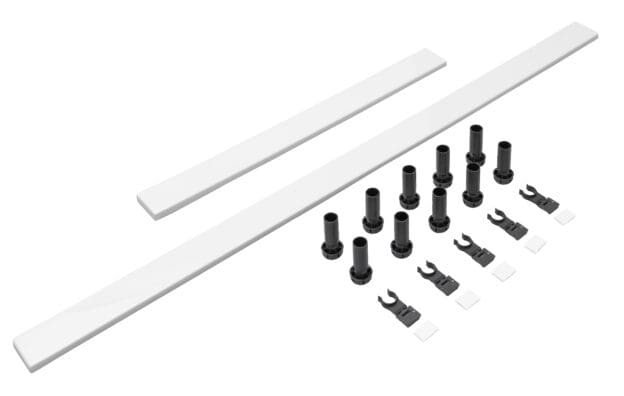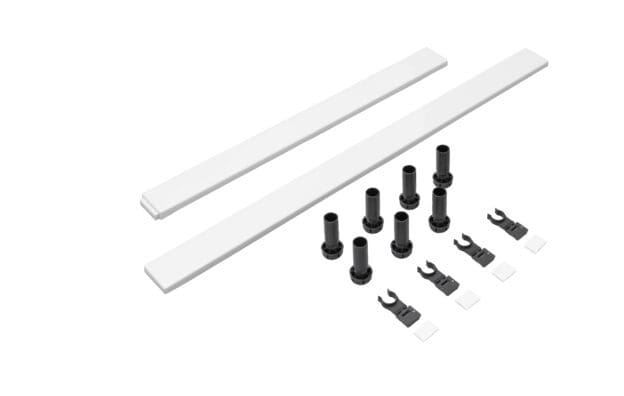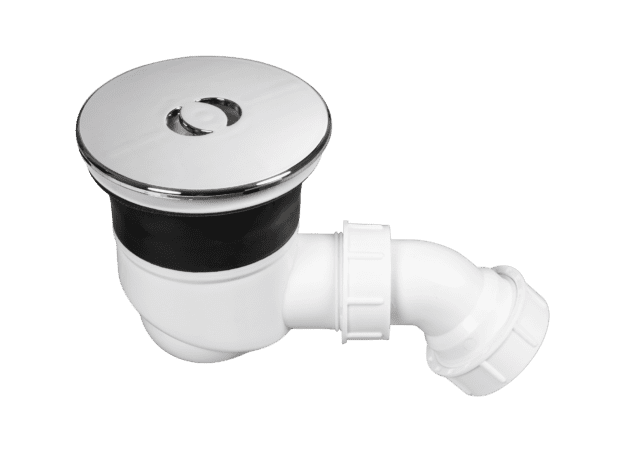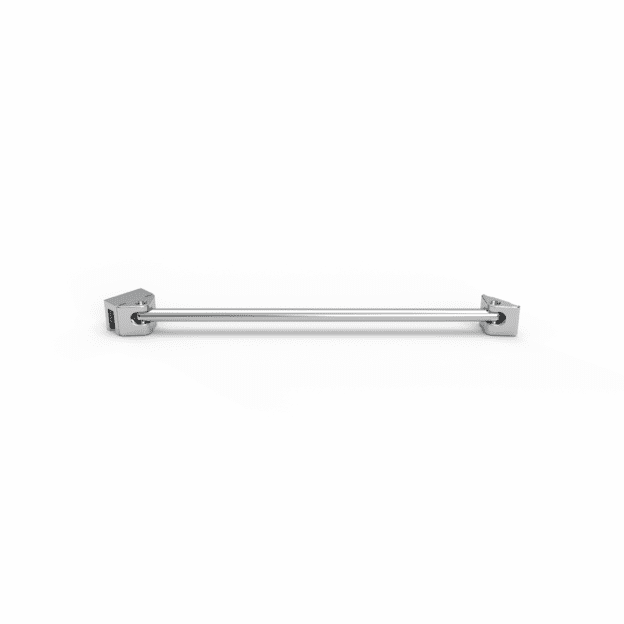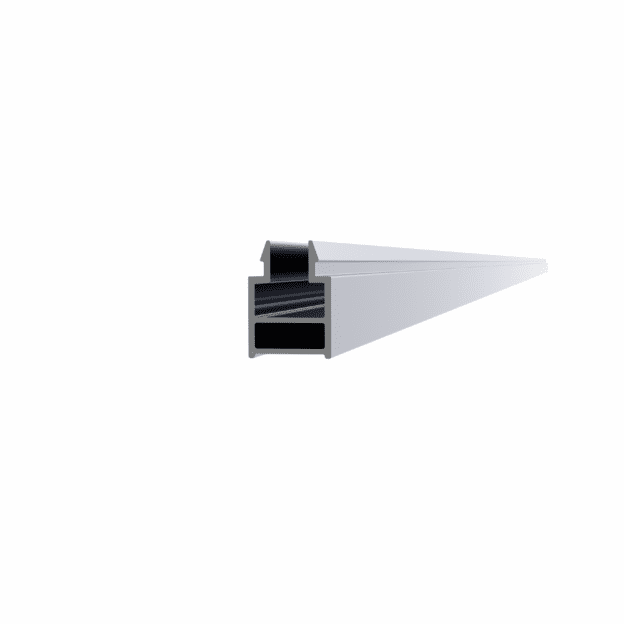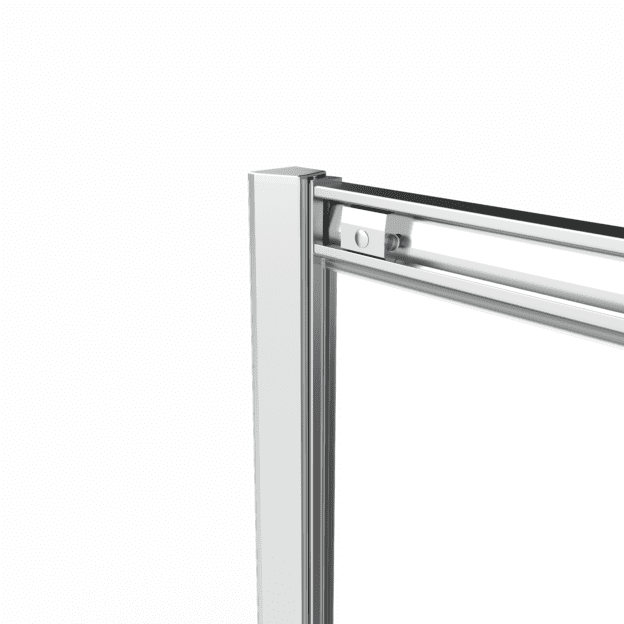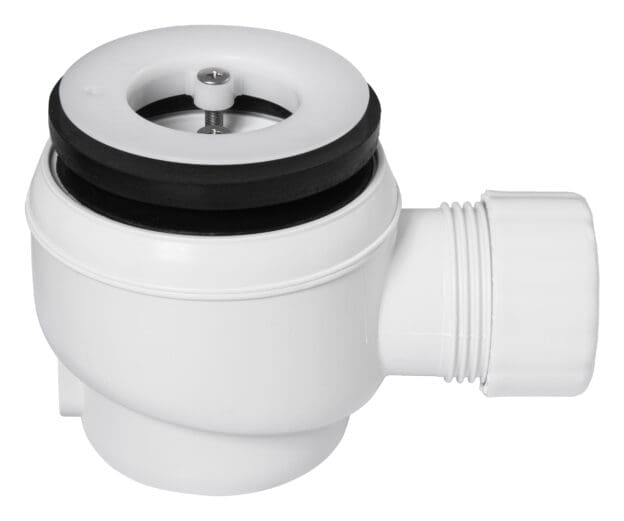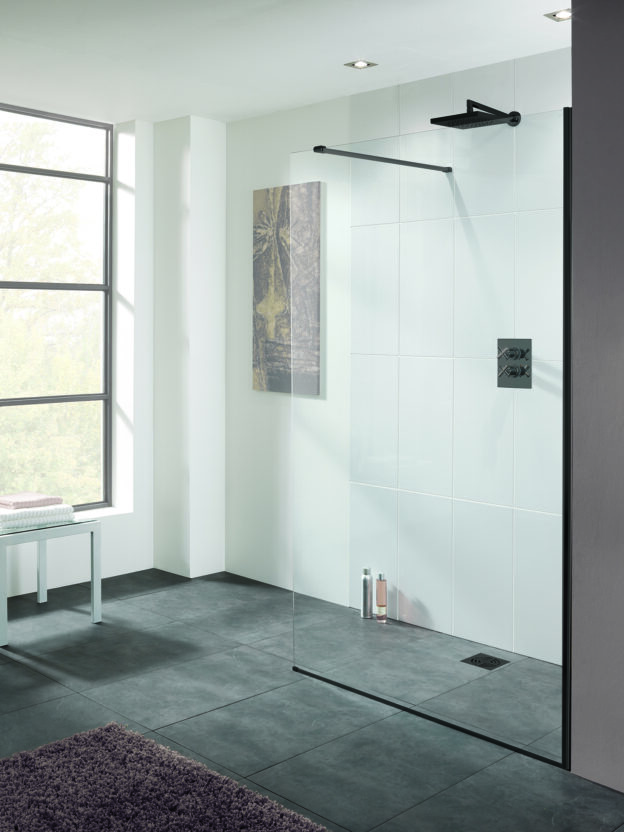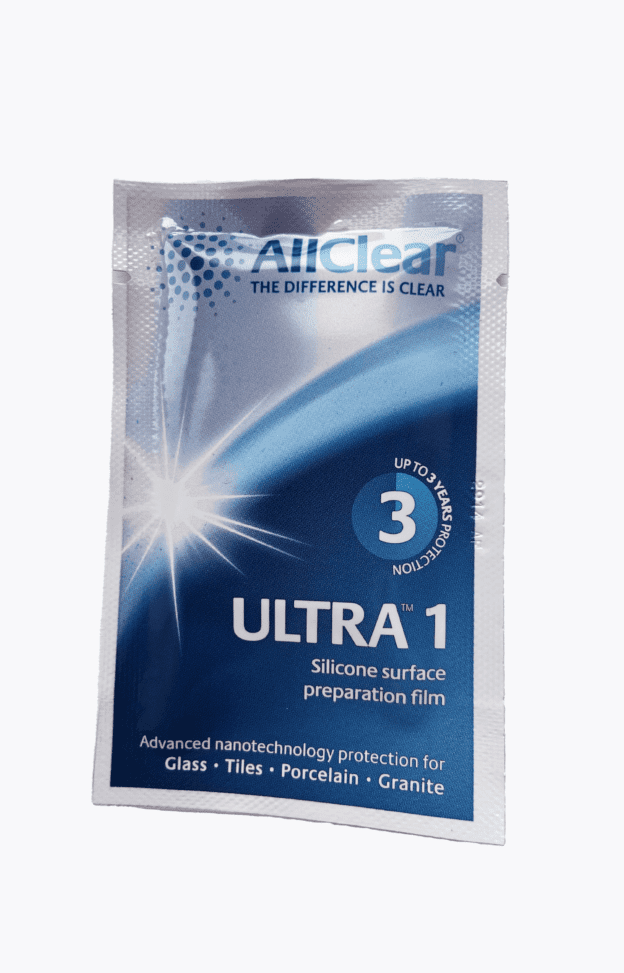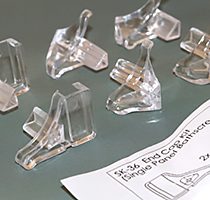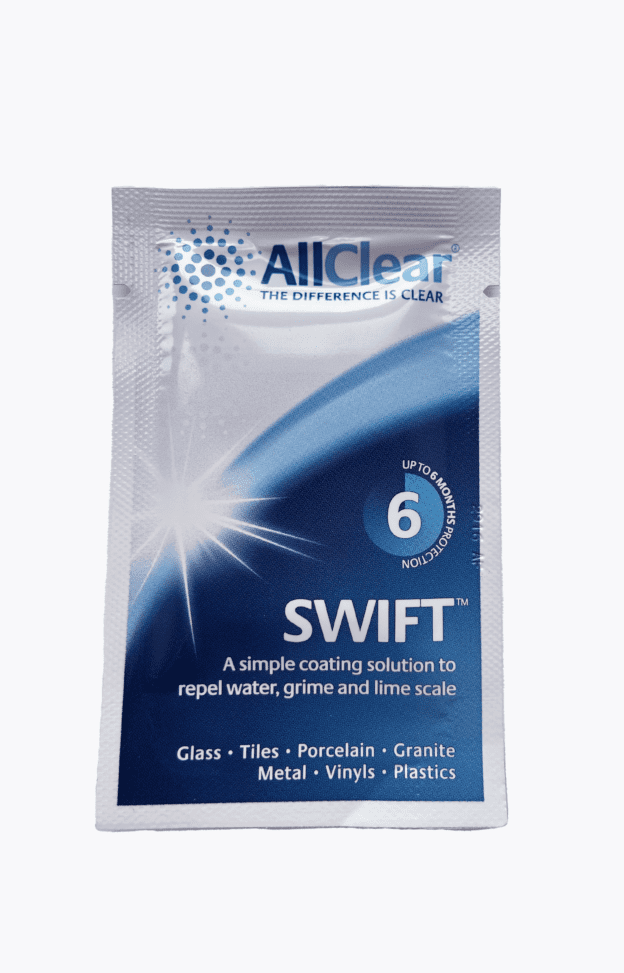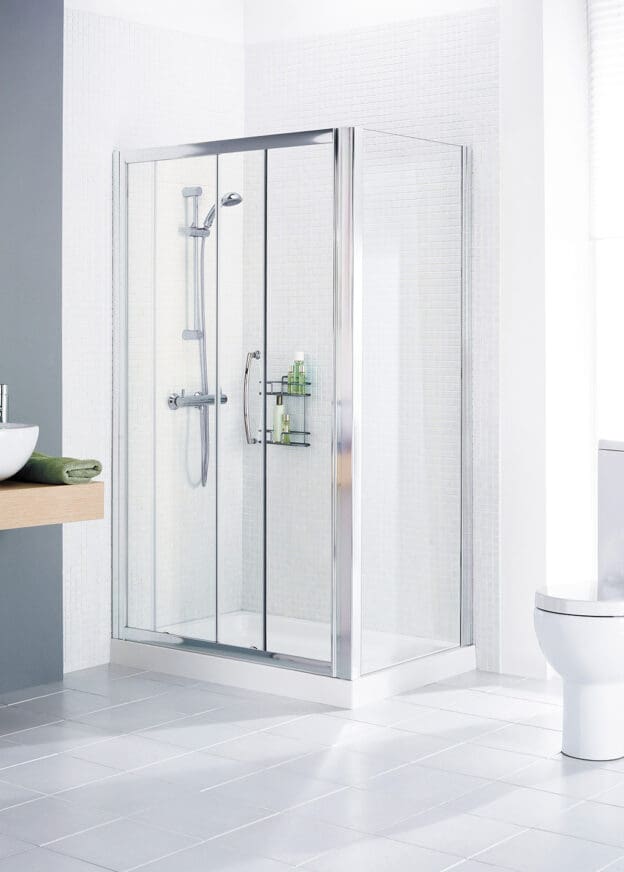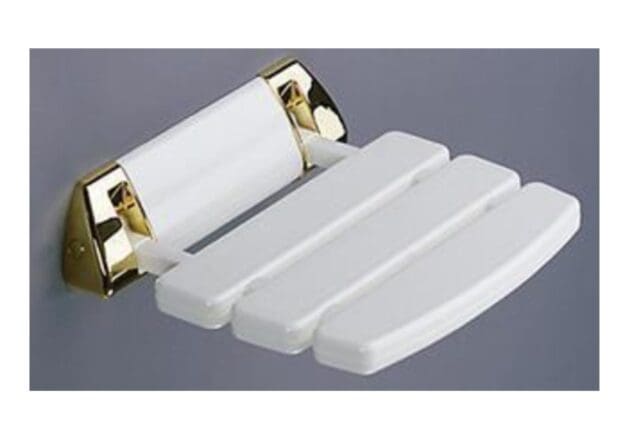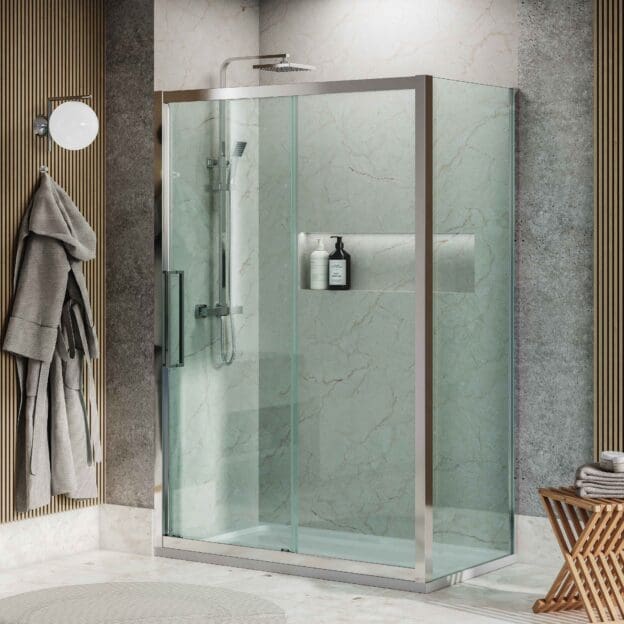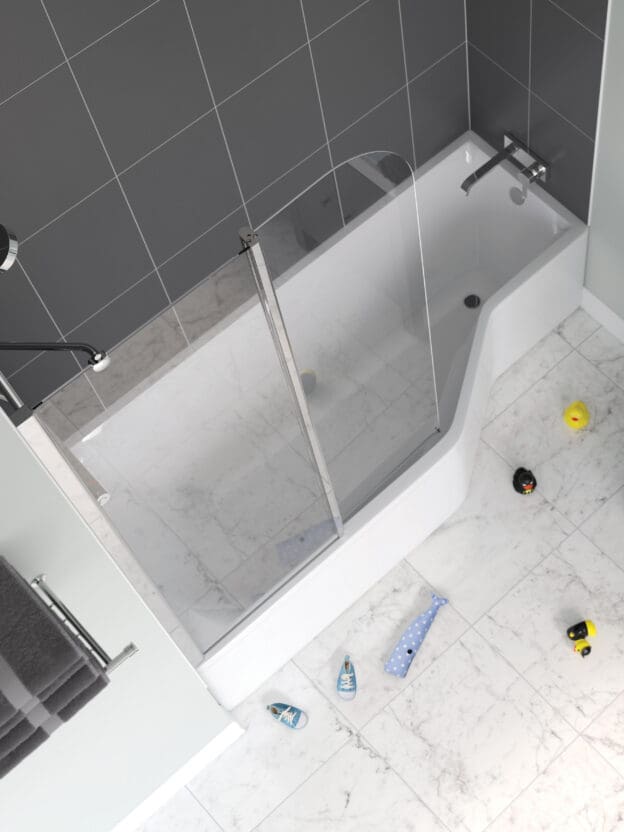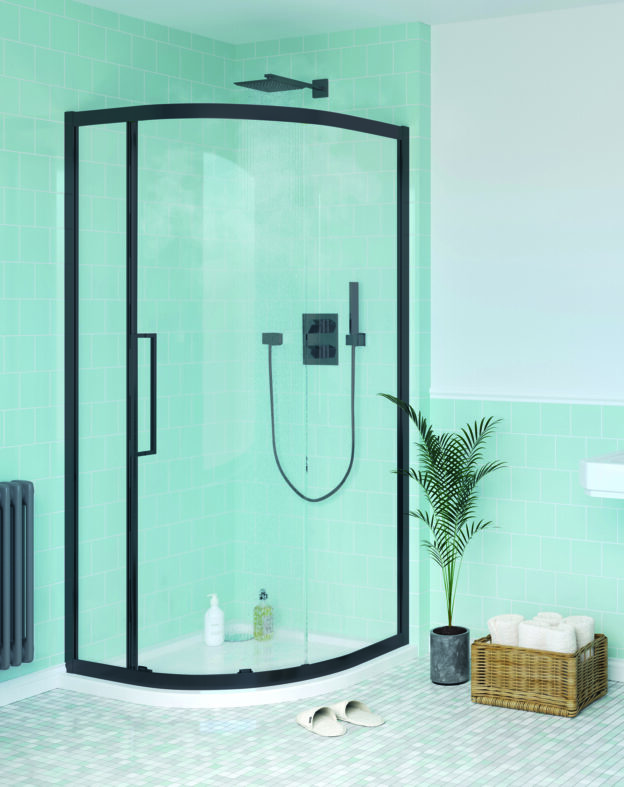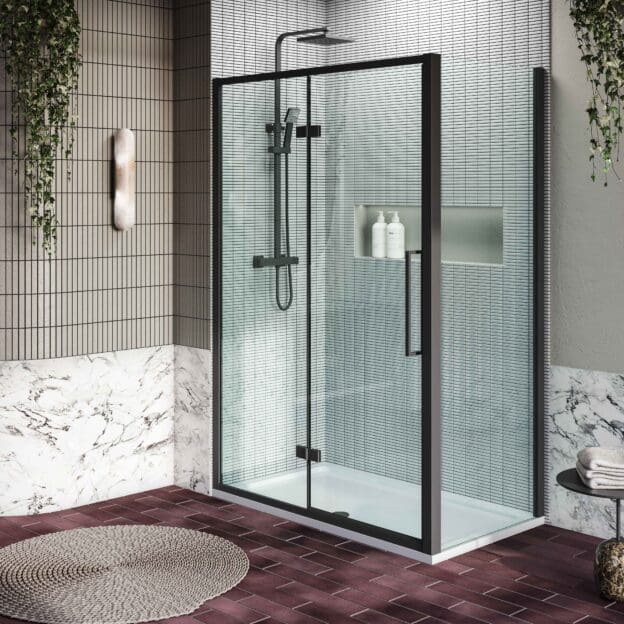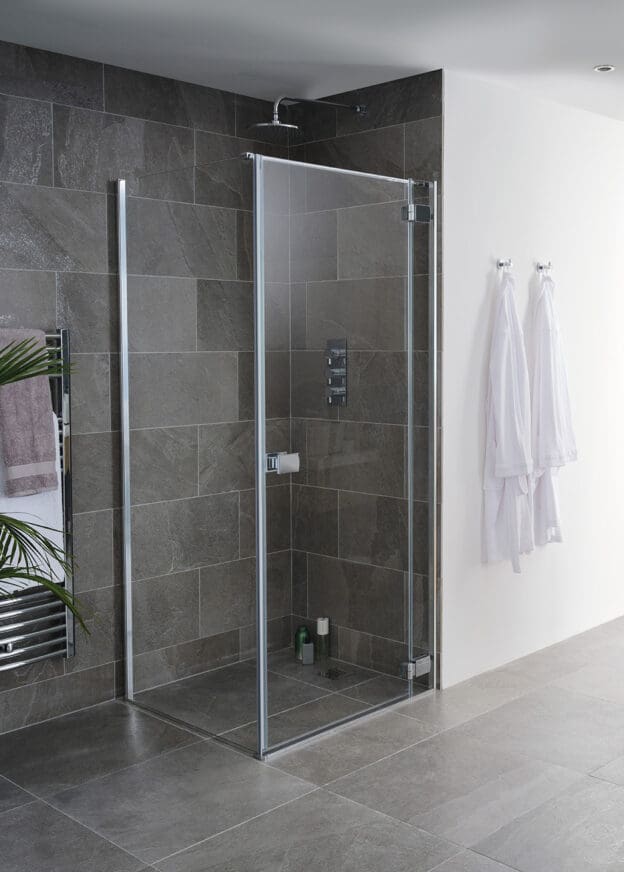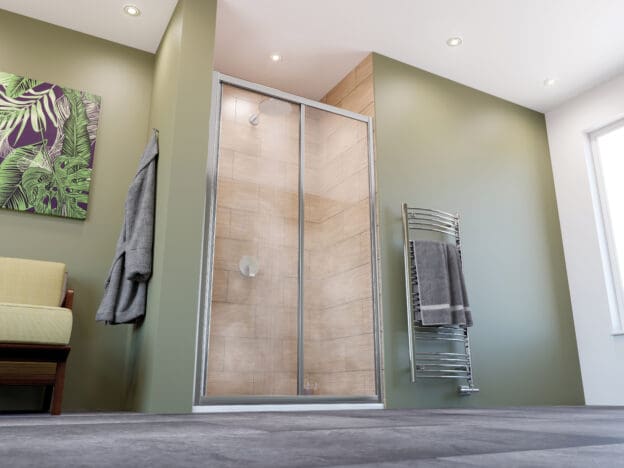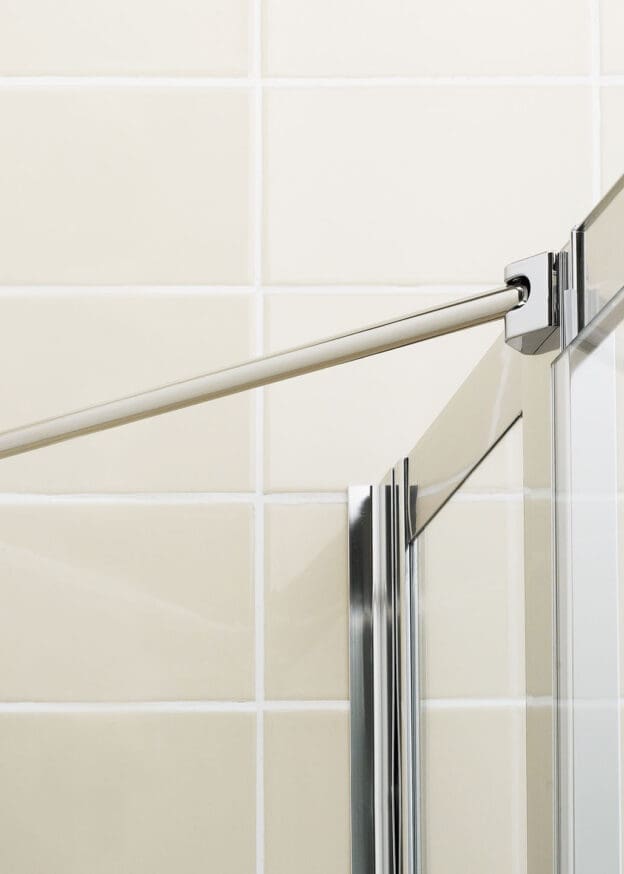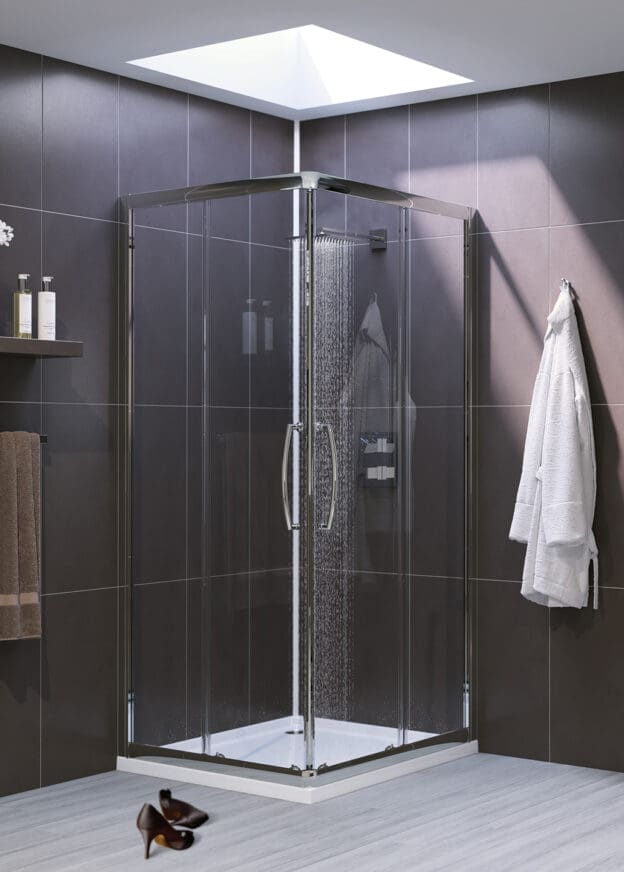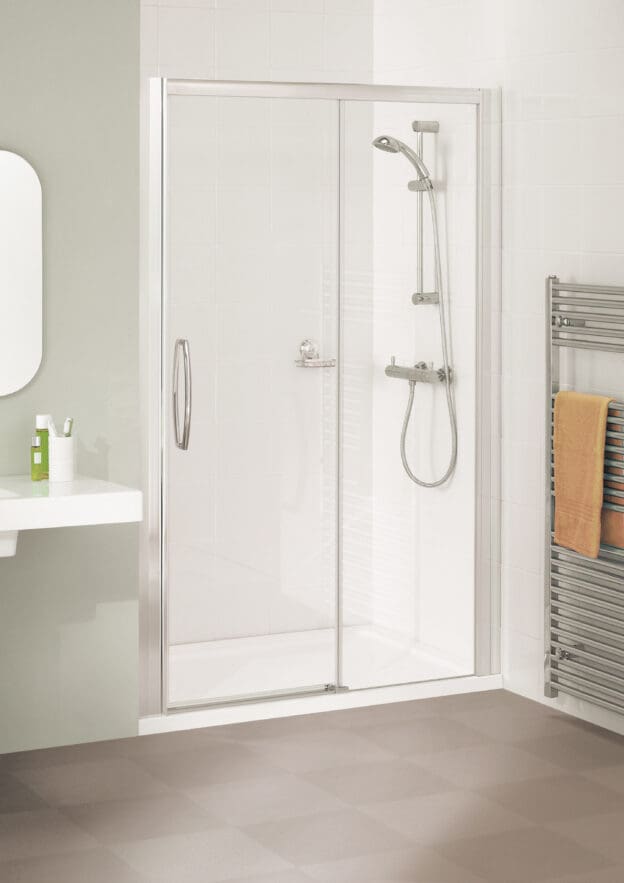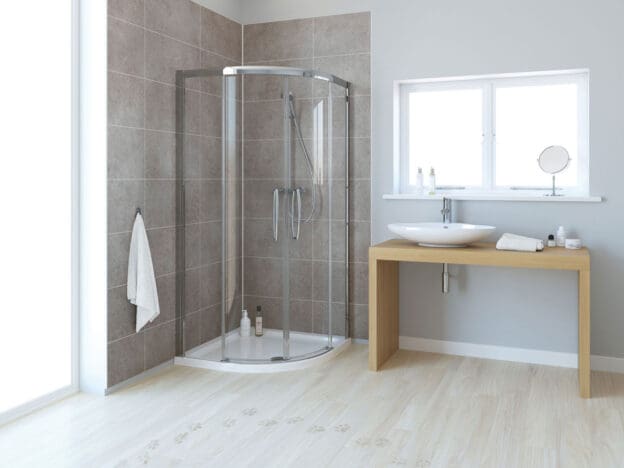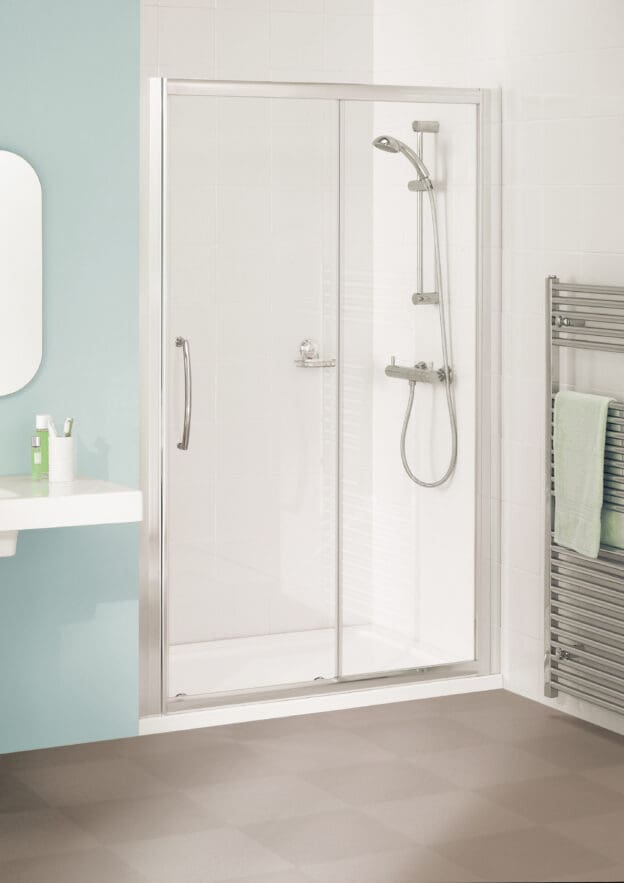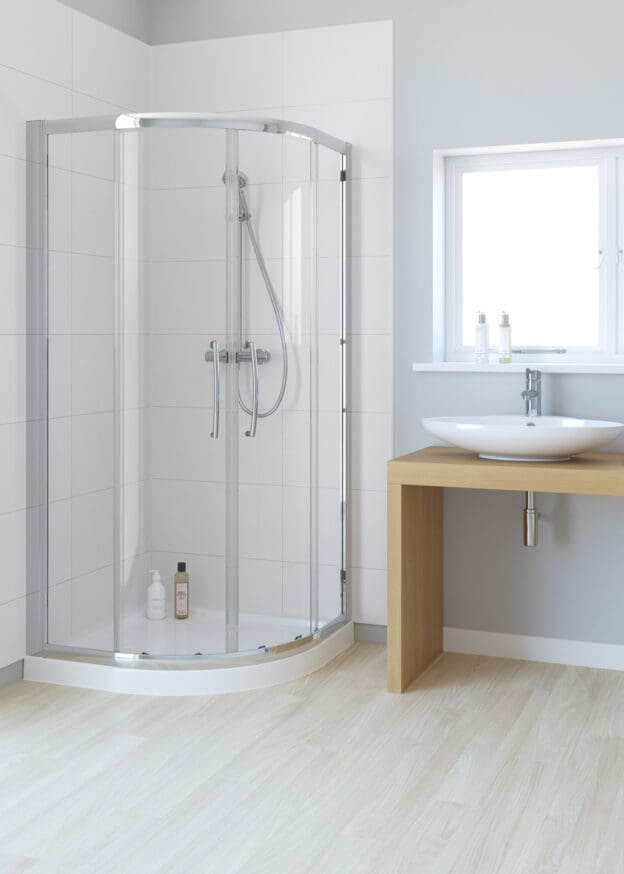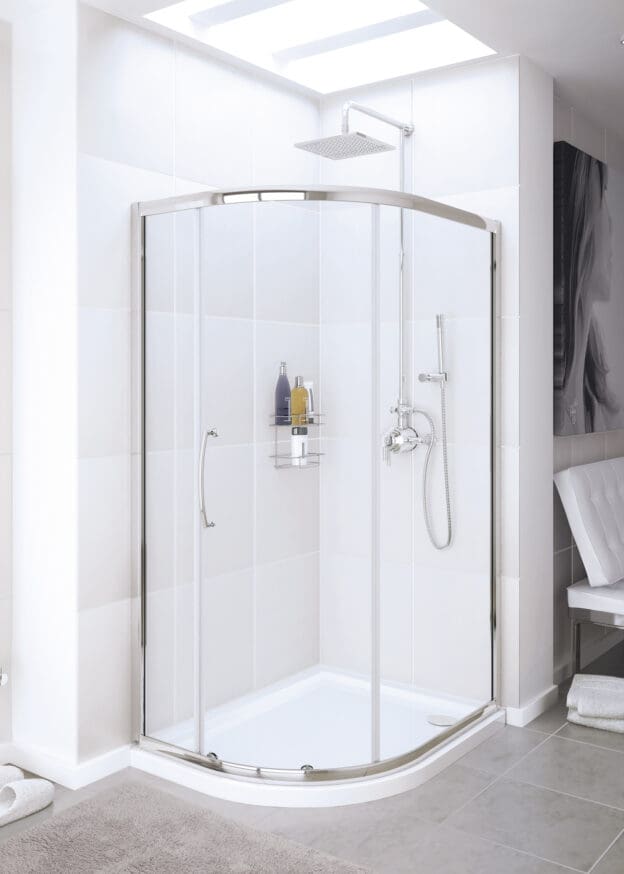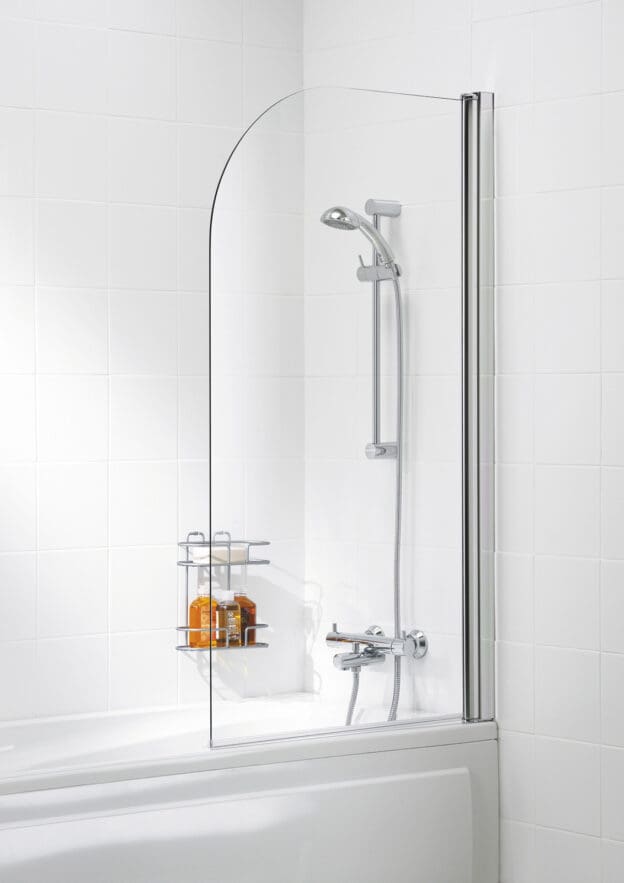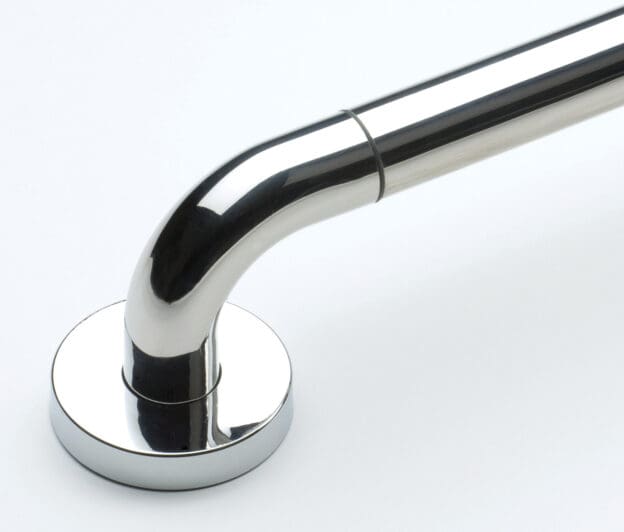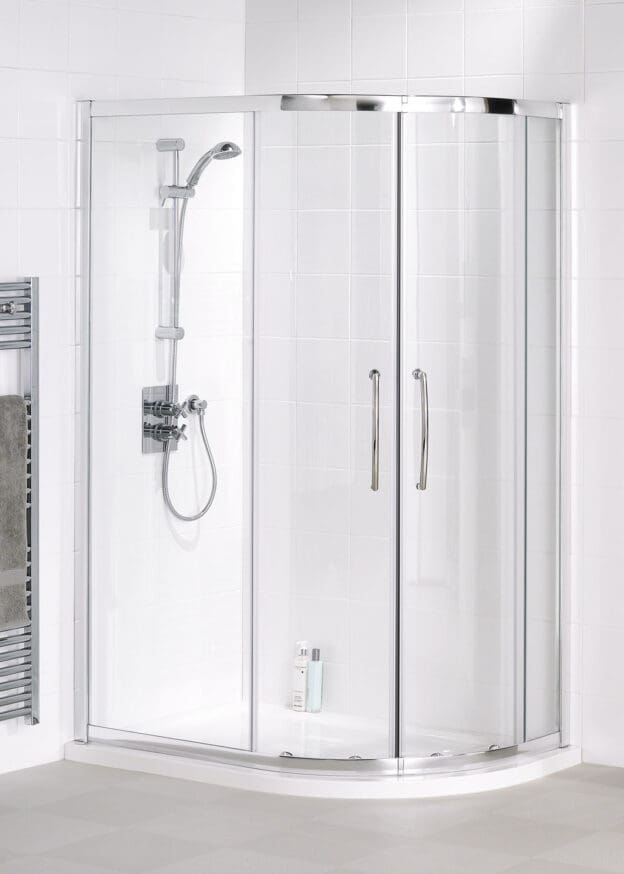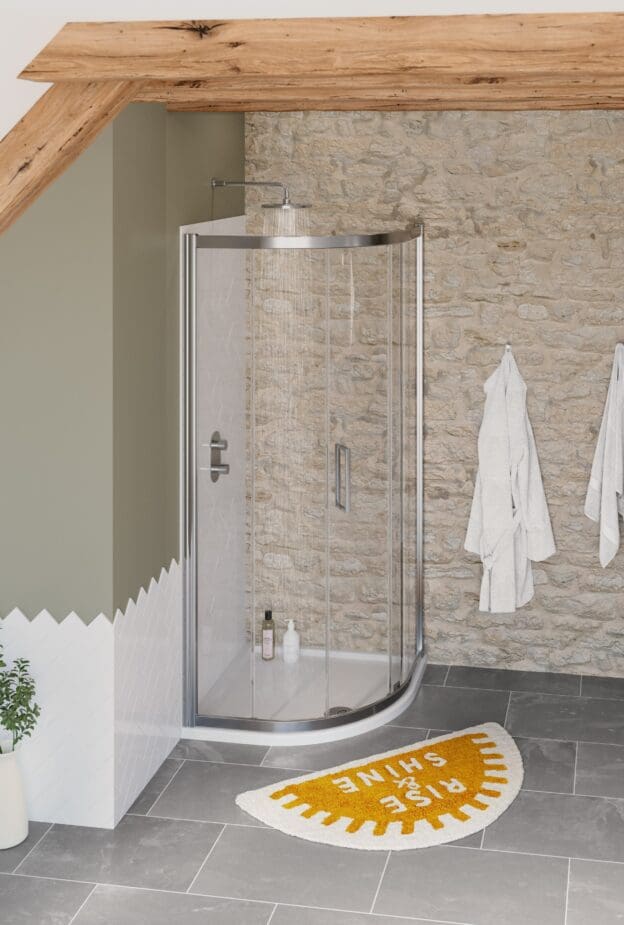Thinking outside the box to create a more sustainable future
Company News, Industry Insights, Lakes People, Why Lakes? | 26/10/2020Climate change is the biggest challenge facing humanity, and we all have a part to play in making our tomorrow a little greener, says our Sales & Marketing Director and BMBI Expert Mike Tattam.
You don’t have to visit Antarctica to witness the devastating consequences of climate change – it’s all around us. Extremes of weather, rising sea levels, carbon emissions at their highest since records began and wildlife driven to extinction, all as a result of human activity.
While the Kyoto Protocol and Paris Agreements have prompted most countries to create and implement policies to reduce their environmental impact, it has yet to have the desired effect and we are fast approaching the point of no return. The global temperature is rising and if it goes beyond two degrees Celsius above pre-industrial levels, the impact is likely to be severe, widespread and irreversible.
In our industry, climate change has been a hot topic for some time particularly with regards to energy efficiency in buildings and low carbon products. The shift to green has encouraged merchants and their suppliers to consider the sustainability of their operations and this will become more widespread if the Government’s proposed Environmental Bill is passed later this year.
Originally tabled in 2019, the first Environmental Bill was shelved due to the election but it’s back for 2020 and, if passed into legislation, it will impact us all.
The draft bill requires the Government to set at least one target in four key areas: air quality, biodiversity, water, and resource efficiency and waste reduction. There will also be a target for the reduction of fine particulate matter (tiny particles which are inhaled). While the exact targets will not be confirmed until after the Bill is passed, it is likely that the resource efficiency and waste production requirements will be particularly pertinent to builders’ merchants and their suppliers.
Polluter pays
The Environmental Bill’s Resources & Waste strategy includes initiatives such as a tax on plastic packaging which uses less than 30% recycled plastic and minimum requirements to encourage resource-efficient design. The big one, however, will be the invoking of the ‘polluter pays’ principle.
While in office, Theresa May’s Government signed up to the EU’s ‘circular economy’ directive. The idea of a circular economy is that we move away from a linear approach (make, use, dispose) and use resources more sustainably through re-use and recycling. The European directive required producers to pay 80% of the costs to dispose of their goods’ packaging. In the Resources & Waste strategy, the ‘polluter pays’ principle would see manufacturers taking responsibility for the full costs of disposing of the packaging they place in the market.
This tough stance on packaging is understandable. How many times have you opened a delivery and wondered why such a small item is wrapped up in so much packaging, or stopped to consider why your fruit and vegetables need to be shrink-wrapped? Packaging is key to achieving the UK’s overall environmental targets – both in domestic and commercial arenas – and it’s especially important for reducing plastic waste.
Sustainable packaging
For builders’ merchants, packaging is a big deal too. Too much packaging means more material to recycle on-site, while insufficient or ineffective packaging means damaged goods, returns and unhappy customers. So if suppliers need to find more sustainable packaging designs to meet future regulatory requirements, they will need to carefully balance their responsibility to the environment with the needs of their stockist customers.
Recognising the growing importance of resource-efficient packaging, Lakes recently invested significantly in redeveloping its packaging to minimise the amount of waste going to landfill. Our old packaging used internal polystyrene packing to prevent movement, plastic banding to keep the product secure, and stapling and plastic tape to secure the cardboard carton. With 150,000 products manufactured every year, there was significant cost and waste attached to this approach.
It also negatively affected our business. We discovered that the plastic banding was being used to pick up and move the boxes – a practice which was unsafe and also risked cutting the cartons and damaging the product.
So in March 2019, we became the first in the sector to introduce 100% recyclable packaging. We removed the plastic banding, stapling, plastic tape and polystyrene to reduce our waste to landfill by 75%. We added in handling slots to make the products more manoeuvrable. The new packaging has halved the number of damaged returns and improved transportation and stockholding, thanks to the smaller box sizes – all in addition to being kinder to the environment.
But best practice must be followed downstream if the packaging is to be truly sustainable. If our stockists and installer customers don’t have access to the facilities needed to recycle our boxes, we are exploring how we can close the circle by taking empty packaging returns – via a merchant – so we can recycle them ourselves.
We all need to act to make a difference, in our own lives and in our business activities, to ensure the world’s natural resources are protected for future generations. Lakes is a certified carbon neutral company and uses offsetting – such as the planting of trees – to balance the carbon emissions we generate through the course of manufacturing and transporting our products. The Environmental Bill will hopefully have more businesses thinking about what they can do to make small or big changes to their operations.
Sustainability is now as important as profitability, and the two can go hand-in-hand when environmental issues are considered as part of wider business objectives.


